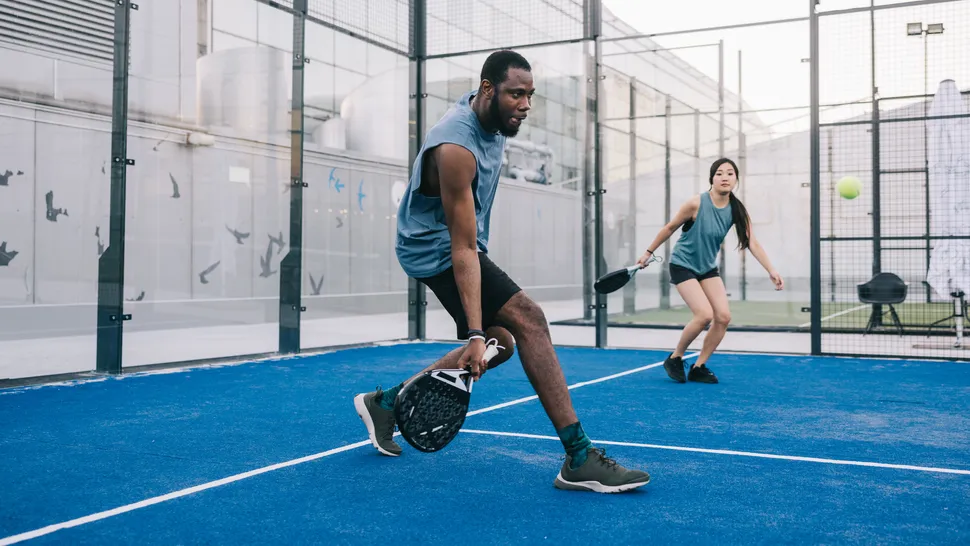

Understanding Tennis Court Prices and Choosing the Right Manufacturer
When it comes to building a tennis court, one of the most crucial factors to consider is the price. Tennis courts are not only an investment in a facility but also in a lifestyle that promotes fitness, competition, and leisure. The price of a tennis court can vary significantly depending on various factors, including the type of surface, size, location, and most importantly, the manufacturer.
Types of Tennis Court Surfaces and Their Costs
There are several types of surfaces available for tennis courts, each with its own pricing structure. The most common surfaces include clay, grass, asphalt, and synthetic materials.
1. Clay Courts These are popular in regions with warm climates. They provide a softer playing surface and are typically less expensive to install than other surface types, usually ranging from $30,000 to $60,000. However, maintenance costs can be high due to the need for regular upkeep.
2. Grass Courts Known for their classic appeal, grass courts are prestigious but come with high installation and maintenance costs, often exceeding $100,000. They require careful upkeep, including mowing and watering, making them less practical for many locations.
3. Asphalt Courts These are among the most economical options, with prices ranging from $25,000 to $50,000. Asphalt courts are durable and relatively easy to maintain, making them a popular choice for community centers and recreational facilities.
4. Synthetic Courts These offer a balance between cost and performance, usually costing between $40,000 and $80,000. They require less maintenance than grass or clay courts and provide a consistent playing experience year-round.
Choosing the Right Manufacturer

Selecting the right manufacturer is critical to ensuring that you receive a high-quality product that meets your requirements. Here are a few key factors to consider when choosing a manufacturer for your tennis court
1. Reputation and Experience Look for manufacturers with a proven track record in the industry. Research online reviews and ask for recommendations to gauge their reliability and quality of service.
2. Customization Options Different facilities may have unique requirements far beyond standard dimensions. A good manufacturer should offer customized solutions that can adapt to specific needs and budgets.
3. Materials Used It's essential to understand what materials the manufacturer uses for construction. High-quality materials will not only enhance playability but also increase the lifespan of the court.
4. Warranty and Aftercare A reliable manufacturer should provide a warranty that covers both the construction and materials. Additionally, good aftercare service is vital for maintenance and addressing any potential issues.
5. Cost Transparency Ask for a detailed quotation that outlines all costs involved. Ensure there are no hidden fees and that you clearly understand what is included in the price.
Conclusion
Investing in a tennis court is a significant decision that can enhance athletic performance, social interaction, and community engagement. Understanding the price variations based on surface type and manufacturer is essential. By considering both the immediate and long-term costs, alongside choosing a reputable manufacturer, you can ensure that your investment leads to a high-quality tennis facility that meets your needs for years to come. Whether you are a club owner, a community planner, or a private enthusiast, thorough research and careful planning can lead to a successful tennis court project.
High-Performance Industrial Flooring Solutions China Paddle Tennis Court for Sale
High-Performance Industrial Flooring Solutions Durable & Cost-Effective
Homogeneous Transparent Floor – Durable & Stylish Rubber Floor Solutions
Premium Homogeneous Transparent Floor for Durable & Stylish Spaces Rubber Floor Solutions
Premium Sports Floor Solutions Durable PVC Sports Floor & Rubber Floor for Gyms
Durable Rubber Composite Floor Premium Rubber Floor & Mats Solutions